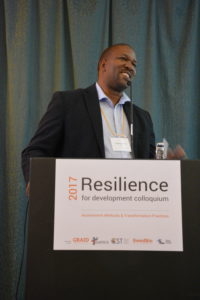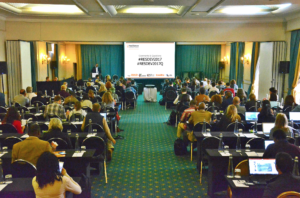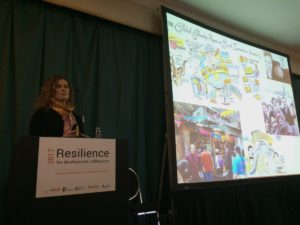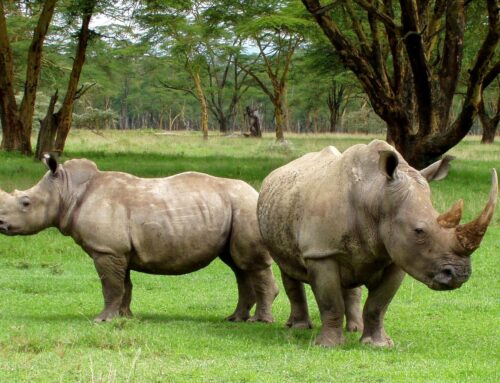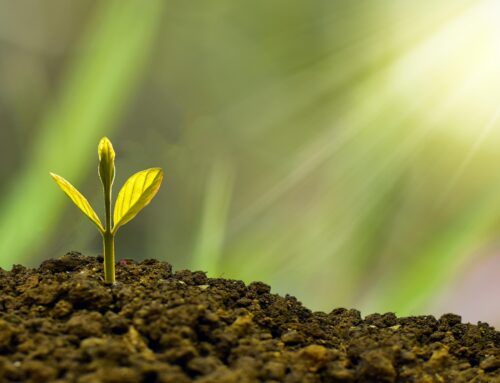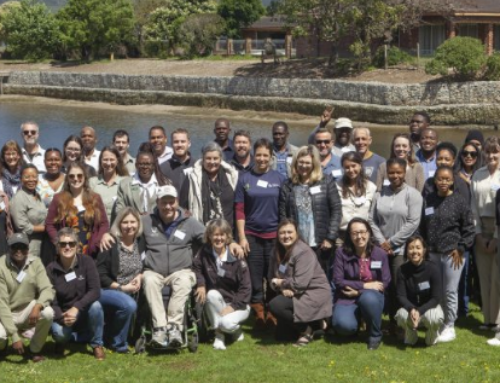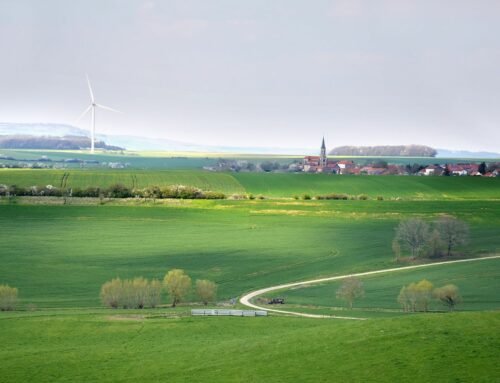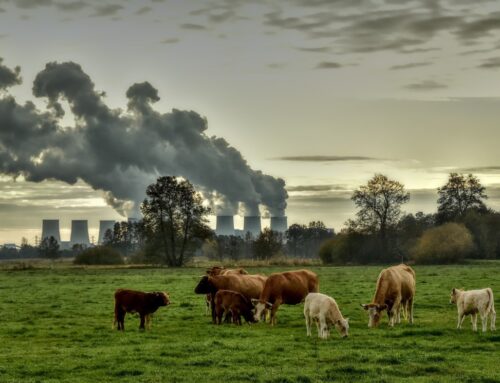In collaboration with GRAID (Guidance for Resilience in the Anthropocene: Investments for Development, a collaborative project between the Stockholm Resilience Centre in Sweden, the CSIR and Centre for Complex Systems in Transition in Stellenbosch, and other international partners) SAPECS held its second colloquium in Johannesburg on the 8-10th of May 2017, focusing on ‘Resilience for Development’. The event brought together over 150 students, researchers and practitioners from South Africa, Africa, Sweden and elsewhere interested in resilience as an emerging approach towards sustainability. The colloquium was designed to maximize opportunities for dialogue and critical discussions structured around the following research themes:
- Resilience assessment, monitoring and evaluation
- Creating transformative spaces
- Urban resilience and infrastructure
- Indigenous and local knowledge for stewardship and resilience
- Science-society partnerships for building resilience and transformation
- Addressing inequality and human wellbeing through ecosystem services
- Human rights in the Anthropocene
- Achieving the SDGs in Africa
Keynote speakers included Michele-Lee Moore (Stockholm Resilience Centre, Sweden & University of Victoria, Canada), Busiso Moyo (Sonke Gender Justice) Lorenzo Fioramonti (Centre for the Study of Governance Innovation, University of Pretoria) and Nathanial Matthews (Global Resilience Partnership, UK).
A wide variety of research topics, ranging from complexity and resilience thinking; social-ecological regime shifts; and human rights and food systems were presented and discussed during dialogue and mini-workshop sessions. The specific challenges that Africa as a region faces in achieving sustainable development, and opportunities for building resilience and fostering transformations toward more sustainable futures, were the focus of discussions. The SAPECS colloquium provided a space for researchers and practitioners to share insights and experiences, learn from one another and engage with the theory, methods and practices for promoting more resilient, sustainable futures.
#ResDev2017 @ResDev2017 @SAPECS_TWEETS


